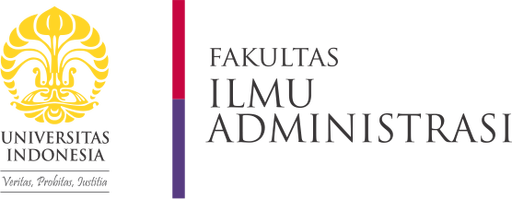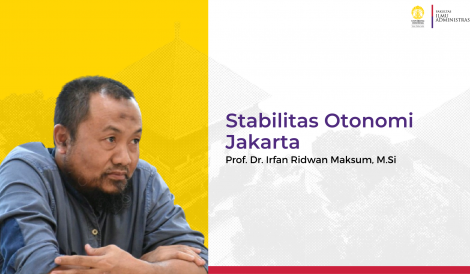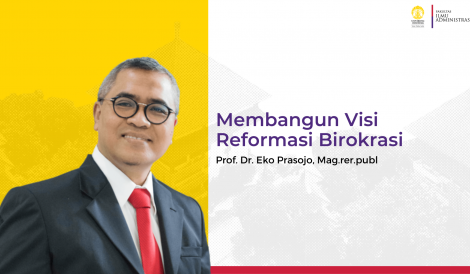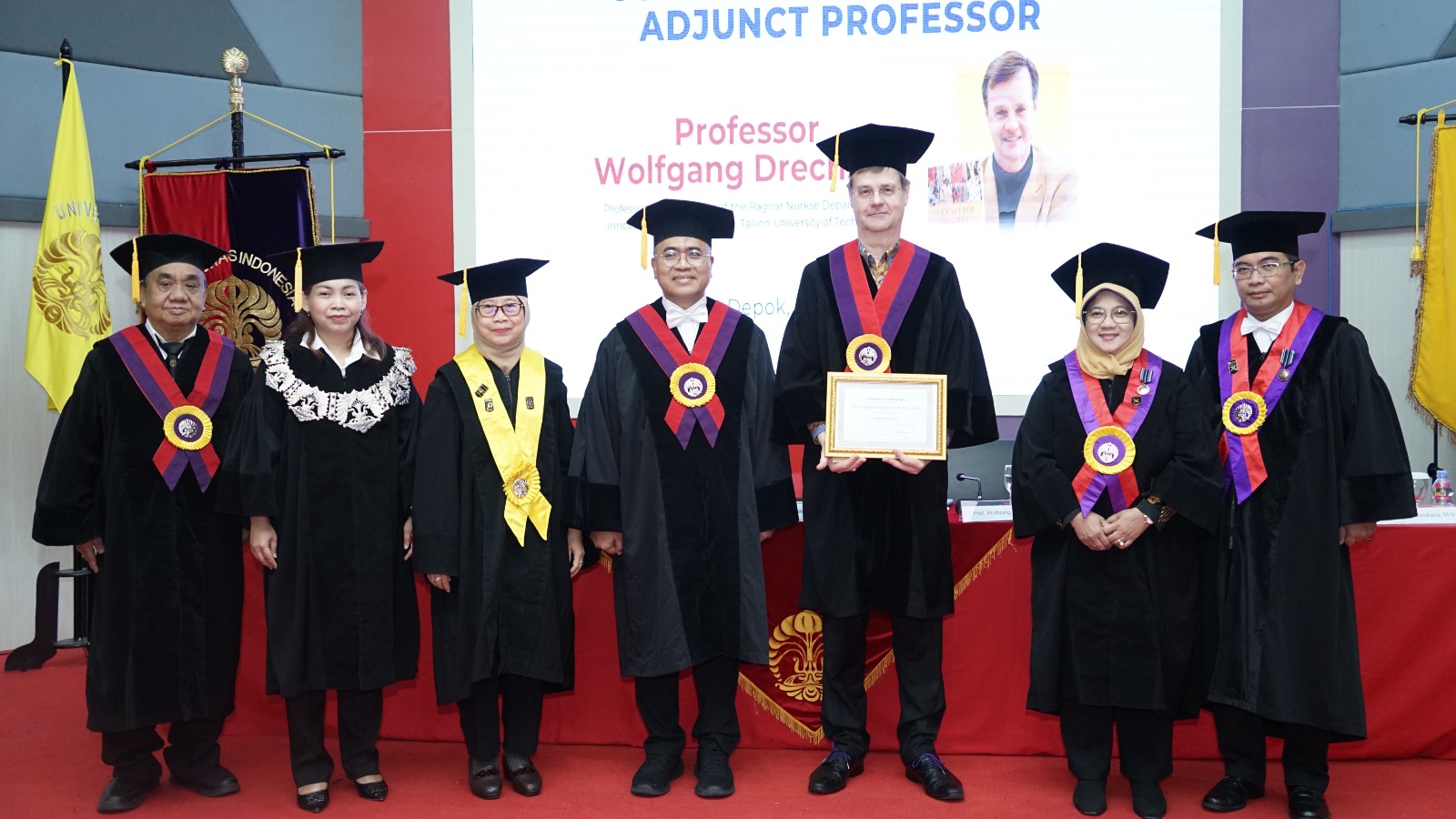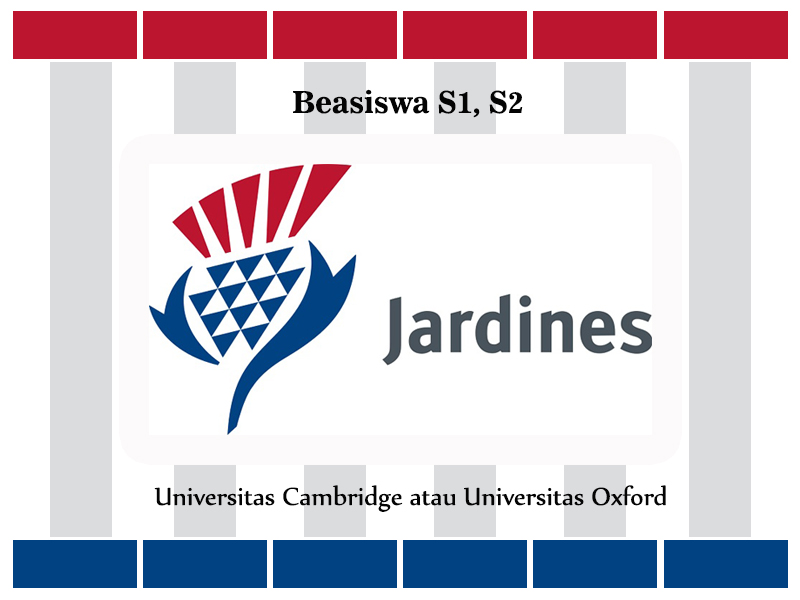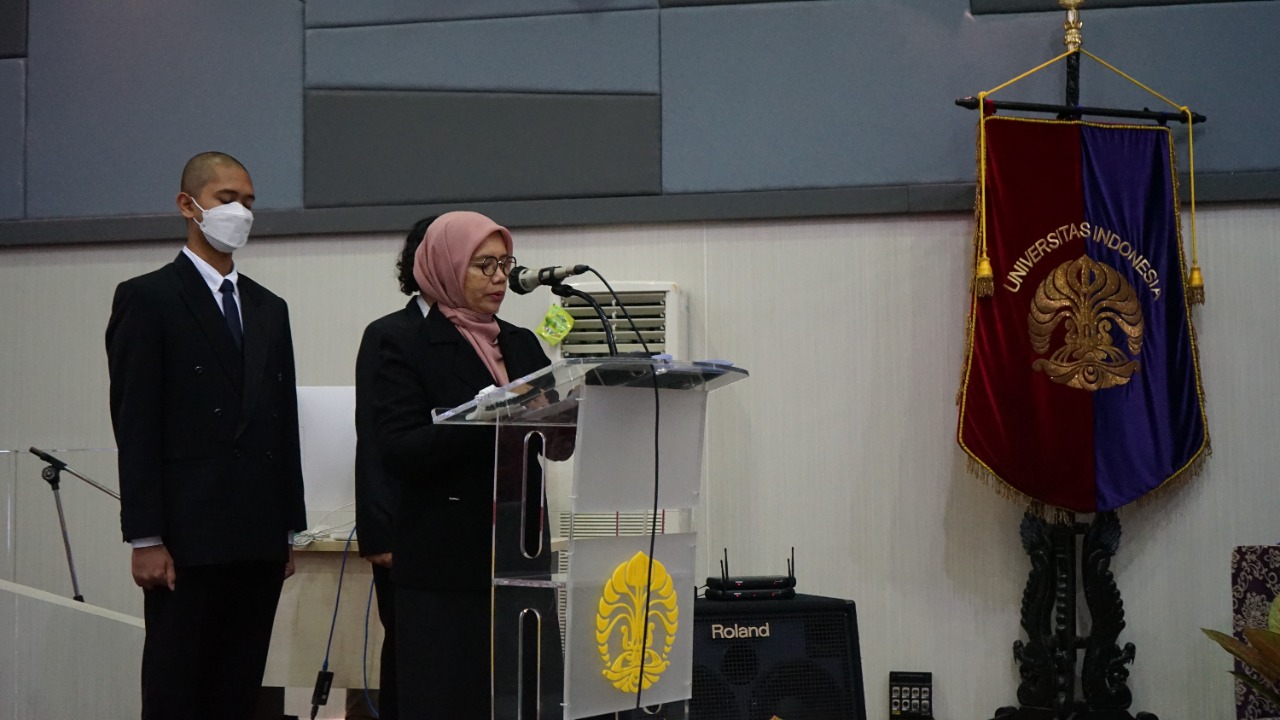Tax justice is a critical issue to be discussed. How tax justice is and how it relates to transparency and accountability needs to be known. This issue is crucial because it relates to public trust in the government and policymakers, sustainability, and is very important and fundamental.
Dra disclosed this. Inayati, M.Sc. in the Pre C-20 Summit – TSF WG “Road to G20 Summit: Addressing Transparency and Accountability toward Sustainable Finance, Tax Justice, and Sovereign Debt Regulation, which took place in a hybrid manner at the FIA UI Building and through the zoom platform on Thursday, September 22, 2022 morning.
“C20, as the official engagement for the G20, is committed to mediating discussion of factual issues and can address problems. As a developing country, Indonesia is committed to voicing the interests of other developing countries together with C20,” said Ah Maftuchan, Executive Director of Prakarsa and Sherpa C20 of the Indonesian Presidency 2022.
Maftuchan said that the primary purpose of holding the C20 event was to maintain tax accountability, which means that what is conveyed to the public is the result of what has been done and delivered transparently.
In this event, there are three topics of issues discussed. The first is the topic of the problem of National Taxation, which discusses the Wealth Tax as a strategic alternative source of income to fund health financing, poverty alleviation, and reducing inequality; incorporate gender equality dimensions into tax policies; The G20 must ensure an effective, transparent and accountable carbon tax mechanism; the need for the establishment of the UN Tax Agency for Global Taxes (UN Tax Convention); and tackling illicit financial flows and poor transparency such as the Base Erosion and Profit Shifting (BEPS) Inclusive Framework Pillars 1 & 2.
The second topic is the Issue of Sustainable Finance which consists of the idea of the need for a more progressive, inclusive and coherent G20 sustainable finance agenda through the implementation of legally binding regulations and measures; G20 jurisdiction for the establishment of a green taxonomy or sustainable taxonomy, involving CSOs and all stakeholders from the start of policy-making; the need to fully integrate the principles of justice into the transitional framework.
The third topic is the issue of Government Debt Treatment which consists of the need to reform the global debt architecture under the auspices of the United Nations: create a precise, more timely and orderly debt restructuring mechanism; the need for a more effective debt elimination/relief approach and enforcing the participation of all creditors, including the private sector (International Financial Institutions); creating more fiscal space for countries, especially for countries that are in the process of debt restructuring: 1) issuing IMF SDR funds, 2) SDR re-channeling, 3) providing more grants, 4) soft loan mechanisms; and ensuring that “Global Emergency Financing” is not in the form of debt and increases the risk of debt vulnerability for countries in need.
After a presentation on global issues regarding taxation, Dr. Ning Rahayu, an FIA UI academic, responded to the policy proposals that C20 members had made to address this global issue. Dr. Ning emphasized the importance of active participation and community participation in the decision-making process and the holding of the G20 in Indonesia.
“Related to the appointment of foreign digital business actors to collect VAT. To anticipate the misappropriation of VAT collection results by foreign digital companies, it is proposed that the application of provisions related to cross-border tax collection assistance be effective,” said Dr. Ning.
Dr. Alin Halimatussadiah, the head of environmental economics study at LPEM FEB UI, responded to the TSF WG C20 policy recommendation for sustainable finance issues. “Sustainable finance is a way to integrate risk and environmental and social aspects, reduce risk, increase green portfolio and social impact, then create an opportunity,” he said.
Faisal Bahri revealed that the essence of the proposal given by C20 was how to encourage world development that is not just hyper-globalization but also inclusive, according to the SDGs, and participatory action, which involves the community in policy formulation.
“Indonesia’s role in the G20 for International taxation Issues, namely as the presidency of the G20 in 2022 international taxation issues, cannot be separated from its responsibility in setting priority agendas, encouraging discussion, and coordinating policies to realize commitment and cooperation among G20 member countries in dealing with international taxation issues,” said Head of Sub Directorate of International Tax Agreements and Cooperation Leli Listianawati.
